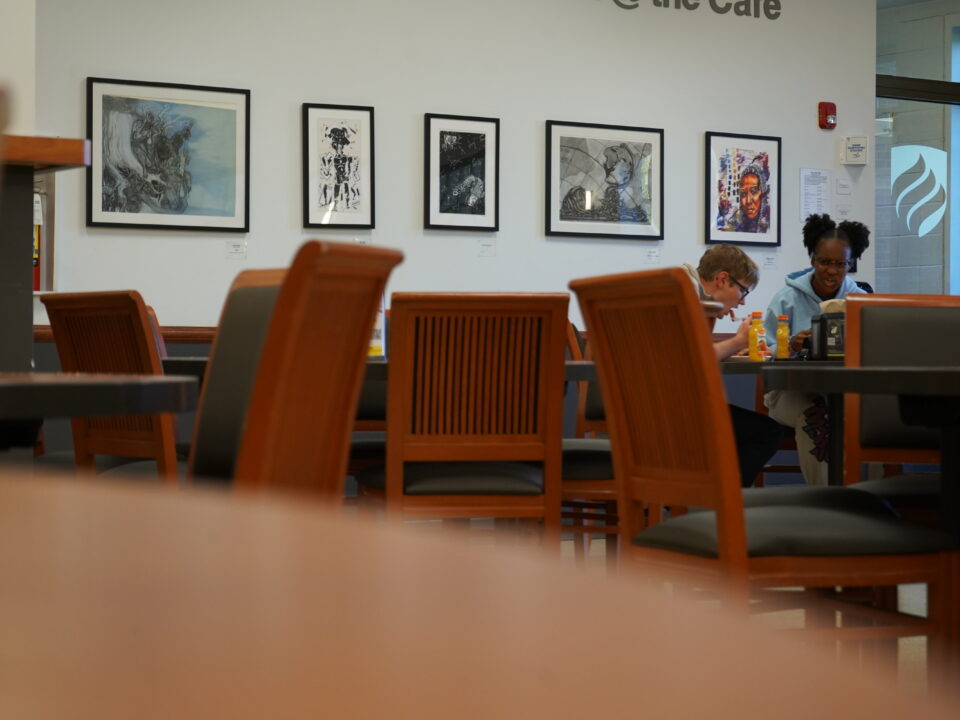Letter to the Editor: 5/2
Last year, I was sexually assaulted three times over the course of a week in an Elmhurst University dorm by another student.
I reached out to the Title IX office for support, and they responded to my request for assistance in a week. I was eventually able to secure a no contact order. Then, I spent the rest of my time at EU in constant fear of crossing paths with the perpetrator, which occurred on more than one occasion and resulted in severe psychological distress.
With my story in mind, perhaps one can see why the Title IX office’s comments in The Leader’s October 2022 article “Assault Crimes Heighten on EU Campus” came off to me as tone deaf.
It was disappointing to see Everfi training being promoted as one of our best and only campus outreach efforts even though Everfi training is the bare minimum requirement on college campuses.
Additionally, it was disturbing that the Title IX office made the claim that assault cases are not actually increasing, but rather numbers are rising merely because, “students are feeling more comfortable in reporting.”
This statement diminishes the urgency of the case reports that did occur, especially since no concrete evidence was presented to support the statement. It left me with the impression that it was a generic excuse designed to suppress the concerns that were brought up in the article.
As a survivor who worked with EU’s Title IX office, I can confidently state that the Title IX office needs to re-evaluate how they handle sexual assault cases, especially in regard to no contact orders.
In the article, no contact orders are described as an effective measure to keep students safe. However, what the quote in the article fails to mention is that a no contact order can be intimidating to survivors.
As stated in the article, violation of a no contact order results in “very severe consequences.” This is the case not only for the perpetrator, but for the victim of the assault crime.
When given a no contact order, the survivor and the perpetrator sign a document that describes it as a “two-way agreement” under which a violation “can result in student conduct action.” Frankly, I find it problematic to imply that there is mutual responsibility in a sexual assault case.
As can be inferred from the examples I’ve cited, the no contact order places immense pressure on survivors. After emerging from a situation where I faced gaslighting and manipulation from a perpetrator who stole my agency, it was a terrifying experience to sign this document and feel the weight of the circumstances fall onto me.
After being assaulted, the no contact order not only did not protect me from encountering my rapist again, it also caused me to be fearful of what would happen if I somehow violated the broad, vague terms that I agreed to, only adding to my stress.
Title IX office, I will not remain silent any longer. I do not want another person to go through the pain I went through when it could be alleviated.
Consider these recommendations: I propose that you work with survivors to form a plan of protection that ensures the survivor will not cross paths with the perpetrator. I propose that the perpetrator is severely limited in where they can go on campus and is the subject of surveillance and check-ins to ensure they are not intimidating or otherwise harming the survivor.
If it is impossible to enforce limitations on the perpetrator, I propose that you explicitly and intentionally offer to have a security guard escort the survivor wherever they need to go within campus bounds.
Survivors at Elmhurst University deserve better, and I hope that the Title IX office takes my voice into consideration as they implement appropriate changes.



